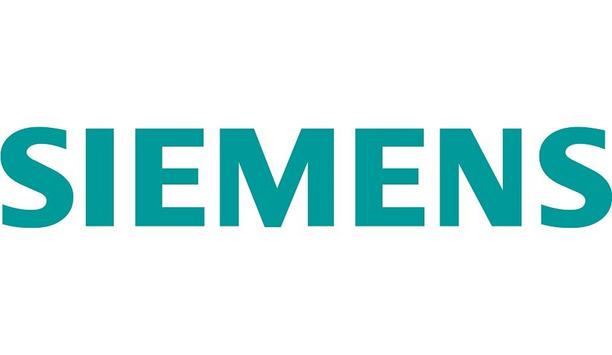A great atmosphere, highly motivated teams, and promising creative ideas for digital challenges – all this happened during the three intensive working days of the Multi-Corporate Hackathon, which took place at the end of April 2019 at the impressive premises of the brand-new KTM Motohall in Mattighofen, Braunau am Inn, Austria.
As already reported in the blog post, “Let’s Hack – Multi-Corporate Hackathon 2019” at the beginning of May, the Automobile Cluster of the Business Upper Austria agency sent out an invitation to participate in a three-day hackathon, to which Rosenbauer sent their experts alongside KTM and Raiffeisenlandesbank Oberösterreich.
Multi-Corporate Hackathon 2019
Concepts were developed to generate useful information from the data flood of so-called big data lakes for production
The goal was to form interdisciplinary teams with the selected innovative start-ups and to work on a total of 16 different challenges. The topics were all related to the field of digitization. Concepts were developed to generate useful information from the data flood of so-called big data lakes for production as well as for the end customer, such as for 3D visualizations to accelerate and/or support workflows and processes, and for intelligent assistance systems to provide help or even offer the customer completely new services.
Together with a start-up from Berlin, staff from Rosenbauer International, have been working on an assistance system which, with the aid of sensors and cameras, should help to more accurately position the turntable ladder. The ideas was to identify early on in the approach whether various obstacles or ground conditions will allow optimal positioning of the aerial ladder in the first place.
Analyzing vehicle data
Avoiding threats of damage or vehicle and machinery breakdowns and associated longer downtimes while waiting for spare parts – this was the task of a team from the Development Department for Electronics and Electrics. By analyzing existing vehicle data, the maintenance and repairs should be made more efficient through predictive maintenance by detecting faults even before they occur. Another team ventured into the shallows of the big data lakes alongside another start-up from Berlin in order to prepare useful information from loose data.
Big data analyses will in the future help to define vehicle standards and thus optimize throughput times for order processing, even in the production planning of firefighting vehicles. An internal team of experts hoped to develop a promising solution for this in cooperation with a start-up from Salzburg.
Virtual loading plan
Together with a Tyrolean start-up, a fifth team worked on a concept for a virtual loading plan
Together with a Tyrolean start-up, a fifth team worked on a concept for a virtual loading plan. In the future, customers could load their fire truck with their own equipment using virtual reality glasses. Incidentally, the presentation of this concept also won the Audience Award for best pitch.
Finally, on the last day of this 3-day event, all teams had to present their ideas in front of a high-caliber panel of experts and then “pitch” them and convince the jury of their elaborated concepts. They had exactly 3 minutes – and not a second more to do this.
Fire-service vehicles and firefighting equipment
Three of the five concepts presented were given the green light by the Rosenbauer expert jury. This means that these start-ups can look forward to further cooperation, in the course of which proofs of concept will be created. If these prove useful, then the path to series implementation is not far away.
The Rosenbauer Group is one of the world’s top manufacturers of fire-service vehicles and firefighting equipment, based in Leonding, Austria. The company supplies the firefighting sector in over 100 countries with a wide range of custom fire and rescue apparatus and services. Rosenbauer also offers a large selection of firefighting vehicles, which are designed especially for emergency operations.
















